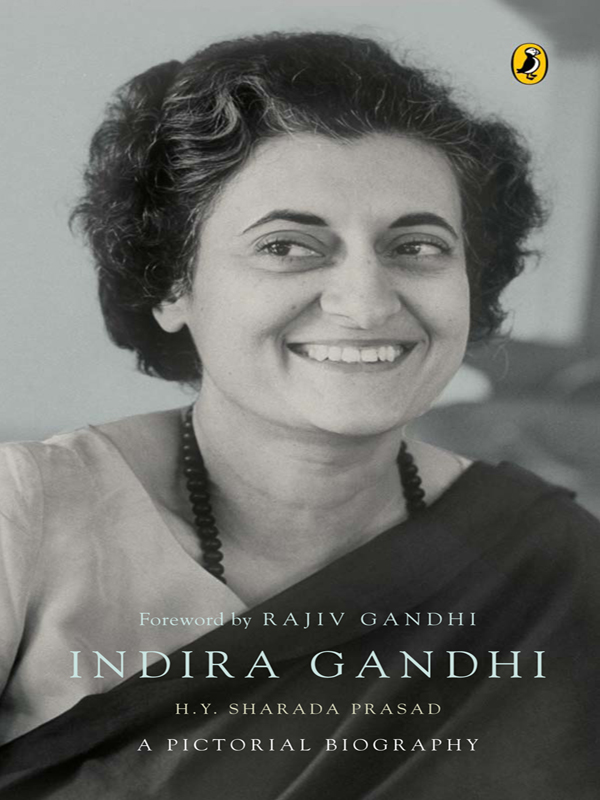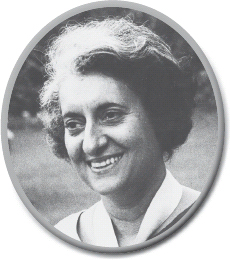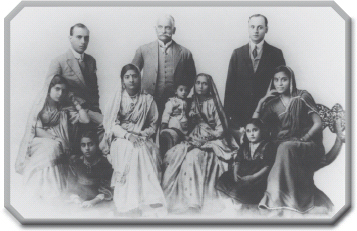by H.Y. SHARADA PRASAD
PUFFIN BOOKS
UK | Canada | Ireland | Australia
New Zealand | India | South Africa
Penguin Books is part of the Penguin Random House group of companies whose addresses can be found at global.penguinrandomhouse.com.
This collection published 1986
Copyright H.Y. Sharada Prasad 2013
The moral right of the author has been asserted
ISBN: 978-0-143-33288-6
This digital edition published in 2016.
e-ISBN: 978-8-184-75877-1
This book is sold subject to the condition that it shall not, by way of trade or otherwise, be lent, resold, hired out, or otherwise circulated without the publishers prior consent in any form of binding or cover other than that in which it is published and without a similar condition including this condition being imposed on the subsequent purchaser.
PUFFIN BOOKS
INDIRA GANDHI
H.Y. Sharada Prasad was media advisor to both Indira Gandhi and Rajiv Gandhi, serving in the Prime Ministers Office from 19661978, and then again from 19801988.
Educated at Mysore University and jailed during the Quit India Movement, he began his professional life as a journalist. His other works include Rashtrapati Bhavan: The Story of the Presidents House and Exploring Karnataka; besides a large number of translations and anthologies. He also edited the Selected Works of Jawaharlal Nehru. H.Y. Sharada Prasad was honoured with the Padma Bhushan in 2000 and the Indira Gandhi Award for National Integration in 2001. He passed away in 2008.

P RIME M INISTER
Foreword
Everyone spends the early years with a very special personones mother. My own mother was unusual. She later became Prime Minister of India and famous all over the world, as this book will tell you. Even when I and my younger brother were small, she did a great amount of work for the country. But she spent a good deal of time with us, and took care to make it exciting. She never put on airs of being important or busy. She was full of games and puzzles and stories and bits of poetry. She knew a great deal about history, about books, about art and about trees and birds. She made us feel we were her equal. She refrained from lecturing or giving advice and encouraged us to discuss matters with her. She let us take our own decisions. Later, when I grew up, I regarded her as a friend rather than as someone twenty-six years older.
One of her favourite statements was that a person who was interested became interesting. She remained a great learneralways trying to understand new ideas and re-examine the old.
The world fascinated her. She believed in being mentally and physically alert all the time. That is how she was able to do the work of a dozen people.
I hope this book will help you to understand how Indira Gandhi was spurred from her childhood by the ideal of freedom and a determination to serve the people of India and the whole world.
(RAJIV GANDHI)
New Delhi
September 27, 1985
Indira Gandhi was born on 19 November 1917 in Allahabad, one of Indias ancient cities, where the Yamuna River flows into the Ganges. She was born in the house of her grandfather, Motilal Nehru.
In Motilals day, India was part of the British Empire, and Motilal himself lived like a British gentleman, in a large house set in lush, sprawling grounds. He was fond of western clothes and western food. He engaged British governesses for his two daughters and a British tutor for his only son, Jawaharlal.
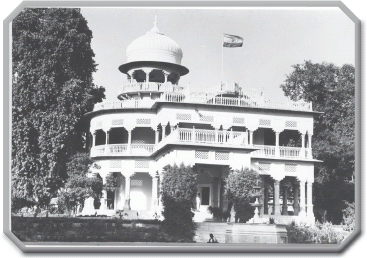
Anand Bhawan, the Nehru family home.
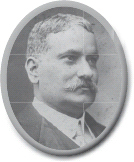
Motilal Nehru.
Motilal, a strong-willed, high-spirited, generous man known for his laughter and anger, was very fond of his son, and very proud of him. When Jawaharlal was fifteen, Motilal sent him to Harrow, a public school in England. From there he went to Cambridge University. After Cambridge, Jawaharlal studied law, and then returned to India. However, his heart was not in a legal career. Instead, he was deeply interested in politicsand in how to free India from British rule.
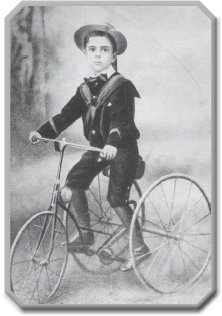
The boy Jawaharlal on a bicycle.
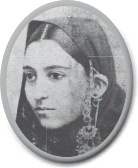
Jawaharlals mother, Swarup Rani.
In 1916 Jawaharlal married Kamala Kaul. The wedding took place in Delhi, the capital of India. Motilal and the large party of guests booked a whole train to travel to Delhi. The festivities went on for several days.
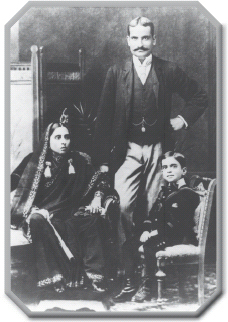
Jawaharlal Nehru with his parents.
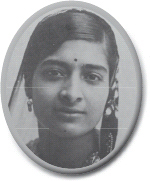
Kamala Nehru.
Kamala was a shy bride. She was not very familiar with English or western customs or manners. It took time for her to adjust to the ways of Anand Bhawan, or Abode of Joy, as Motilal called his house.
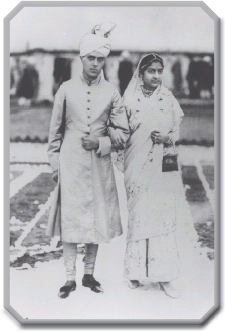
Jawaharlal and Kamala at their wedding.
When their daughter was born the following year, Jawaharlal and Kamala called her Indira. They gave her a second name as wellPriyadarshini, or dear to behold.
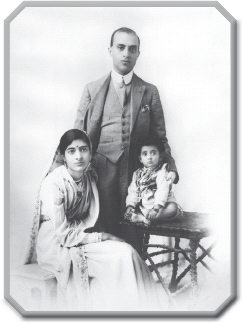
Indira as a baby with her parents.
Within two years of Indiras birth the entire way of life changed at Anand Bhawan. Mahatma Gandhi had become the leader of Indias nationalist movement, and the Nehrusespecially Indiras father and grandfatherbecame his dedicated followers.


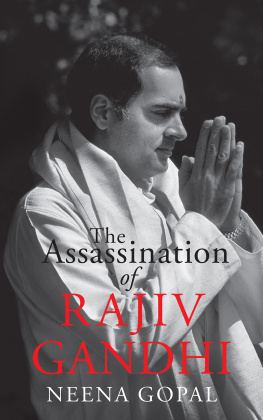

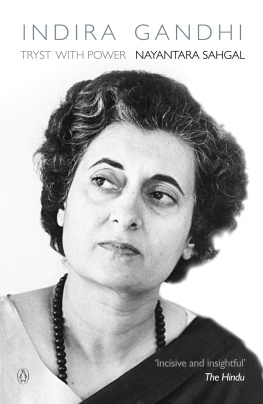
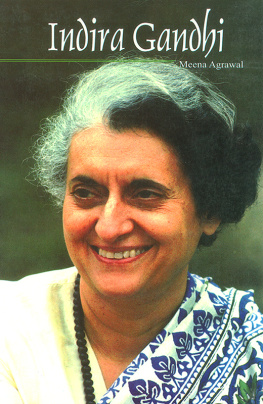



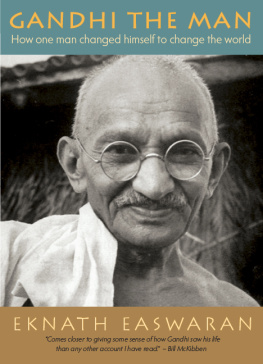
![Gandhi - Gandhi: [the true man behind modern India]](/uploads/posts/book/175484/thumbs/gandhi-gandhi-the-true-man-behind-modern-india.jpg)

